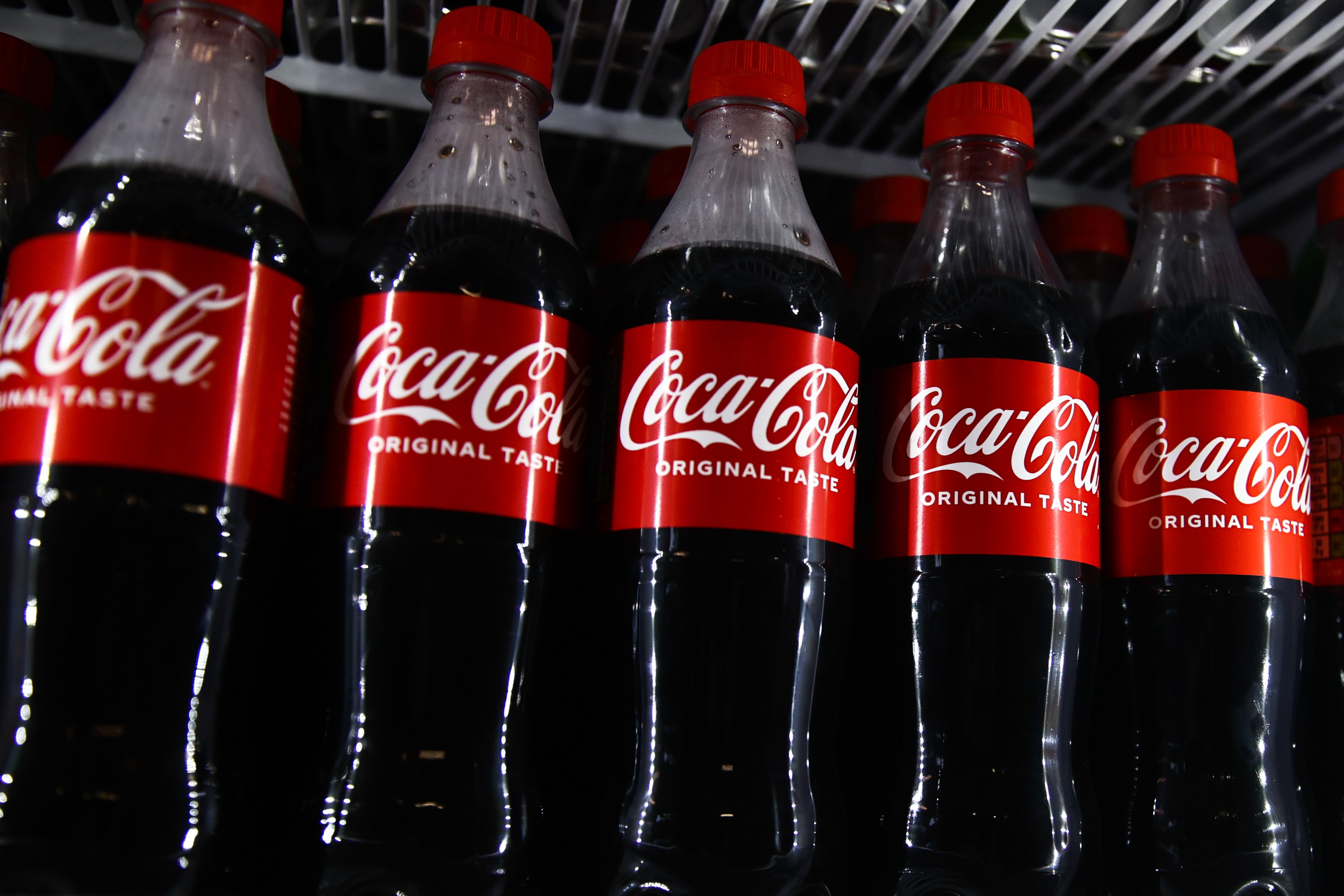Coca-Cola (KO 0.44%) and PepsiCo (PEP +0.89%), two of the world's largest beverage companies, are resilient long-term income investments. Over the past 30 years, Coca-Cola's stock rose 324% as PepsiCo's stock rallied 551%. If we include reinvested dividends, Coca-Cola and PepsiCo generated total returns of 796% and 1,220%, respectively.
Coca-Cola and PepsiCo are both Dividend Kings that have raised their payouts annually for at least 50 consecutive years. They're also the only two beverage makers in that elite club.

Image source: Getty Images.
Coca-Cola, which pays a forward yield of 2.95%, has raised its payout annually for 63 years. PepsiCo, which pays a forward yield of 3.91%, has increased its payments for 52 straight years. Those consistent dividend hikes reflect their ability to grow their earnings through economic downturns.
Coca-Cola and PepsiCo are still good stocks to buy, hold, and forget. But let's take a closer look and see which beverage-making Dividend King has more upside potential.
The differences between Coca-Cola and PepsiCo
Coca-Cola and PepsiCo both sell a broad range of beverages beyond their flagship brands. To offset slower soda consumption rates, both companies expanded their portfolios with healthier and non-carbonated drinks. They also refreshed their flagship sodas with new flavors, smaller serving sizes, and sugar-free versions.

NYSE: KO
Key Data Points
Both companies only produce concentrates and syrups, then rely on their bottling partners to produce and distribute the finished drinks. That capital-light approach keeps their costs under control and helps them generate stable cash flows and profits.
However, PepsiCo also sells packaged foods through its Frito-Lay, Quaker Foods, and Pioneer Foods divisions. Coca-Cola doesn't sell any packaged foods. That difference exposes PepsiCo to more inflationary headwinds than Coca-Cola, since it needs to deal with a broader mix of commodities that aren't used in its beverages. PepsiCo's Quaker Foods also dealt with several major recalls related to salmonella outbreaks over the past two years. Coca-Cola hasn't dealt with as many major recalls as PepsiCo.

NASDAQ: PEP
Key Data Points
Which company has been growing faster?
Coca-Cola's organic sales rose 16% in 2022, 12% in 2023, and 12% in 2024, even as the global economy was rattled by inflation, rising rates, and other macro headwinds. For 2025, it expects its organic sales to grow 5% to 6% as its comparable earnings per share (EPS) rises 8% in constant currency terms.
PepsiCo's organic sales increased 14% in 2022, 10% in 2023, and 2% in 2024. That slowdown was caused by Quaker Foods' recalls, sluggish spending in China and Latin America, and the diminishing returns of its "shrinkflation" strategy of shrinking its packages while raising its prices.
For 2025, PepsiCo expects a "low single-digit" increase in its organic sales as its core comparable EPS stays flat on a constant currency basis. So for now, it will likely face more near-term headwinds than Coca-Cola as it tries to stabilize Quaker Foods and improve its pricing power.
From 2024 to 2027, analysts expect Coca-Cola's revenue and EPS to grow at a compound annual growth rate (CAGR) of 5% and 11%, respectively. They expect PepsiCo's revenue and EPS to increase at a slower CAGR of 3% and 8%, respectively. Coca-Cola still looks reasonably valued at 22 times next year's earnings, but PepsiCo looks cheaper with a forward multiple of 18.
Which dividend looks more sustainable?
Coca-Cola has a trailing payout ratio of 71%, which means it spent that percentage of its earnings per share on its dividends over the past 12 months. PepsiCo had a much higher payout ratio of nearly 100%, which gives it less room for future dividend hikes. That said, both companies should continue to raise their dividends annually for the foreseeable future to appease their income investors and keep their Dividend King crowns.
Which Dividend King is a better buy today?
PepsiCo generated bigger gains than Coca-Cola over the past three decades, but past performance isn't a reliable indicator of future gains. A lot of PepsiCo's previous returns were driven by its packaged foods business, but that growth engine could sputter out over the next few years if it struggles with more recalls, high commodity costs, and competitive threats. So while Coca-Cola trades at a higher multiple and pays a lower dividend, I think it's a better overall investment than PepsiCo right now. Its capital-light model, stronger growth rates, and lack of exposure to the saturated packaged foods market should impress more investors.





